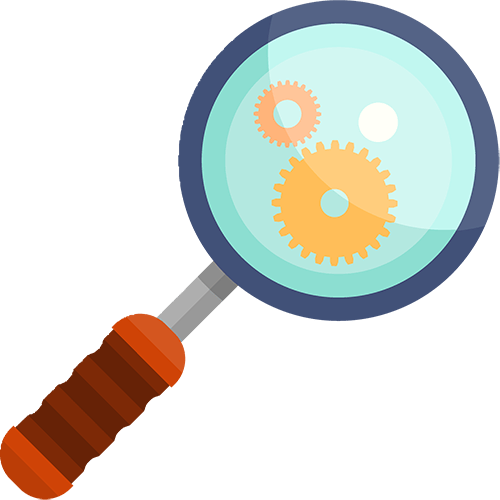Minor Symptoms, Major Risks
What is Geriatric Depression and Anxiety Disorder
Geriatric depression and anxiety disorder generally refer to depression and anxiety attacks in people aged 60 and above. It is a common mental disorder among the elderly. The core symptoms of depression include low mood, loss of pleasure, decreased interest, as well as sleep disorders (insomnia) and cognitive decline (forgetfulness).
Geriatric depression and anxiety disorders are often considered a part of elderly life but are not thoroughly recognized and diagnosed. It has been proven that geriatric depression and anxiety disorders are associated with poor quality of life, difficulty in daily activities, comorbid physical conditions, premature death, and cognitive impairment.
Therefore, enhancing awareness of the manifestations of depression and anxiety in the elderly and managing them is crucial. Treatment should be promptly administered whenever a patient meets the clinical diagnostic criteria for depression and anxiety disorders.
Which Elderly Individuals Are Susceptible to Depression and Anxiety
The causes of geriatric depression and anxiety disorders are complex and often accompanied by physical illnesses, with both possibly influencing each other. For example, elderly depression can increase the rate of dementia; in populations with coronary heart disease and hypertension, the incidence rate of anxiety disorders is nearly half. The susceptible groups for geriatric depression and anxiety disorders include the following:
1. Individuals lacking emotional support
2. Those experiencing negative events
3. Patients with chronic diseases
4. Long-term medication users
5. Individuals with rigid personality traits
How Is Depression and Anxiety in the Elderly Treated
For patients with geriatric depression and anxiety disorders, treatment mainly involves medication and psychotherapy. Medication should be prescribed by a specialist, with most medications needing to start at low doses, gradually adjusting the dosage, and not abruptly discontinuing after a period of usage. Medication adjustment requires guidance from a specialist doctor and regular follow-ups.
In terms of psychotherapeutic interventions, led by a specialist doctor and requiring the cooperation of patients and their families, the treatment plan should be practical, feasible, and flexible to best meet the needs of patients and caregivers.
Therefore, when devising the initial psychotherapeutic plan, the participation of family members and patients is required, and continuous assessment and updates may be necessary. As family members of patients, similar to doctors, they should be at the forefront of treatment and adhere to the following:
1. Pay attention to the psychological state of the elderly, provide care and companionship without showing annoyance, rejection, dissatisfaction, or hostility.
2. Ensure adequate nutrition intake, actively treat underlying physical illnesses; encourage patients to maintain regular routines, actively engage in recreational and group activities like playing chess, calligraphy, and card games; enhance interpersonal interactions and enrich life experiences.
3. Encourage and accompany patients in outdoor activities; moderate exercise is the most effective and natural “medicine” against depression. Treating elderly anxiety and depression requires us to collectively establish a multidisciplinary team care model involving specialist doctors, primary healthcare professionals, social workers, and family members to facilitate the extension of clinical symptom relief to comprehensive functional recovery for elderly patients.
Other Treatment Approaches
In addition to oral medications and psychotherapeutic interventions, there are physical treatments including electroconvulsive therapy, repetitive transcranial magnetic stimulation, vagus nerve stimulation, deep brain stimulation, and experimental therapies such as light therapy and sleep deprivation. However, the efficacy of these treatment methods in elderly anxious patients has not been definitively established and requires further research.
Currently, anxiety patients commonly adopt mind-body regulating practices such as yoga, painting, dancing, music, and other art therapies, which have demonstrated significant effects in alleviating anxiety in the elderly.
For more recommended reading, visit
This book focuses on three main themes: elderly health concepts, common geriatric diseases and symptoms, and the management of common chronic diseases in the elderly. It is structured with a system of “cases, small classrooms, knowledge extension, misconception interpretation, and short stories,” covering fundamental health knowledge and skills that the public should be aware of, be interested in, and easily misunderstand.
Source: Health China


